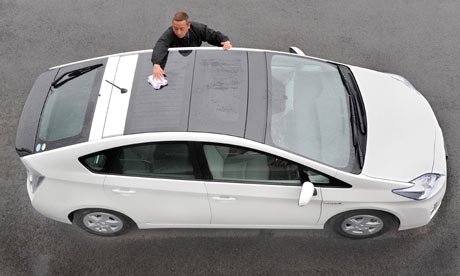When Southwest Airlines broke Dave Carroll‘s guitar they ignored the fact that we’re in the era of the friction-free social web, where consumer conversations happen whether you want them to or not.
Dave Carroll – the lead singer with Canadian band Sons of Maxwell – has taken on United Airlines with a music video, “United Breaks Guitars”.
His $3500 710 Taylor guitar was severely damaged in March 2008, by United Airlines baggage handlers at Chicago. Carroll’s attempts to get any compensation from United Airlines have been met with passing of responsibility, denial of responsibility and passive resistance.
“..within four days of the song going online, the gathering thunderclouds of bad PR caused United Airlines’ stock price to suffer a mid-flight stall, and it plunged by 10 per cent, costing shareholders $180 million. Which, incidentally, would have bought Carroll more than 51,000 replacement guitars.”
One commentator joked there’s some kind of investor strategy here involving YouTube arbitrage.
Southwest Airlines – always one for innovation – have a satisfied customer who’s countered with the rather low-key Southwest Never Broke My Guitar song. Not great, but they’ve earned the right to stand alongside consumers and chuckle at United’s mistake.

The tie-up runs until Saturday when the new Prius goes on sale in the UK. And there will be negative comments in there – maybe more than is truly representative because irritated consumers tend to be more energetic than content ones (obvious, no?). At first glance it seems like a brave position for Toyota to take, but as we’ve seen, consumers are having these conversations with each other anyway.
This is your chance to grill the Japanese car-maker on its attitude to green motoring. Got a question about the new Prius and its solar-powered air-conditioning? Wondering how Toyota reconciles its low-emission cars with its 4×4 Land Cruisers, which have been blamed for worldwide dust storms? Or do you want to know about the company’s plans for electric cars, hydrogen vehicles and other green cars of the future?
As Toyota show, it doesn’t matter whether the conversation with the consumer is going your way or not, matters is it’s all public. Even the private stuff: In a friction-free social space anyone can tell everyone in a heart beat. United tried to block it: If only someone had spoken to Nike*, or Toyota.

For more on this speak with us, or have a look at our capabilities
Also, as co-founders and supporters of the London Behavioural Economics Network, join the Meetup group and Facebook group for more details and events
Related Posts
August 13, 2023
Money (but not called that, and how it changes behaviour).
Advertising agencies make a lot of…
August 1, 2023
Reading ease is not as easy as all that – comprehension shows the way
It's easy to make text readable, right?…
July 20, 2023
The ‘Hollywood hello’ – and the importance of context when communicating
When communicating we all like to be as…




